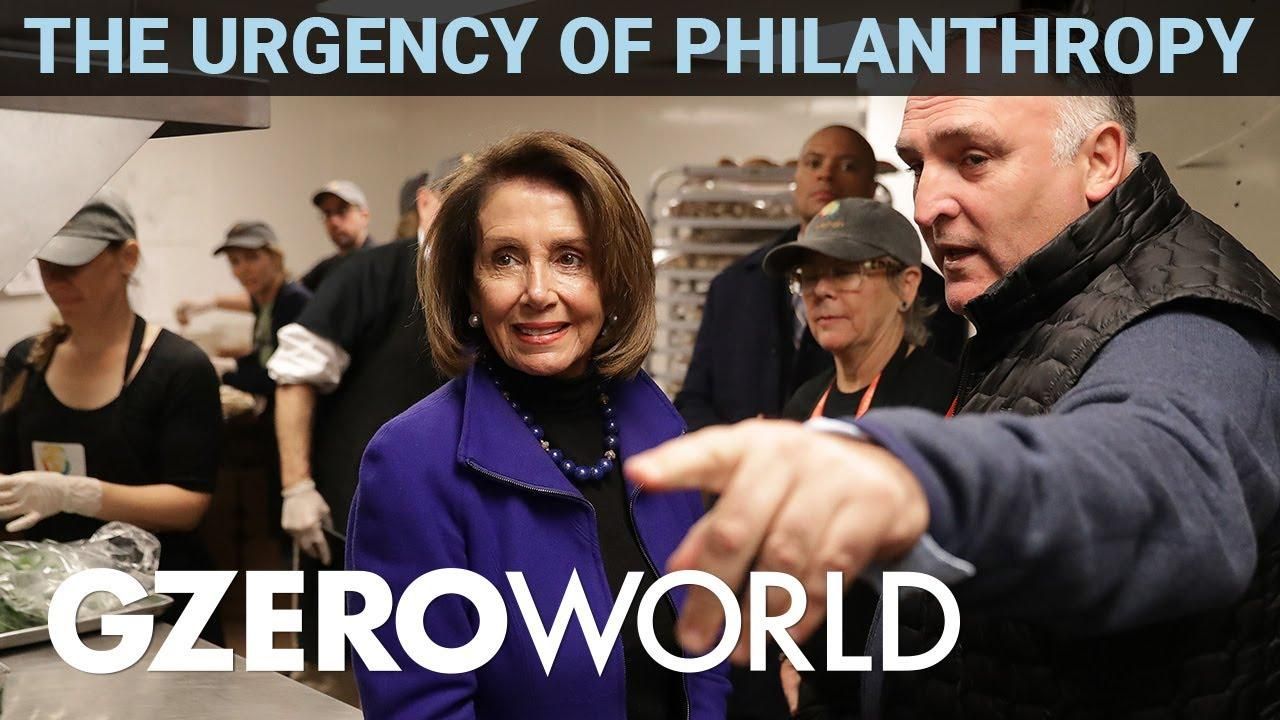
In today's world, where global development needs are high and seismic geopolitical events have turned back the clock on so much progress, UN Foundation President Elizabeth Cousens says its the perfect time for philanthropy to step up.
Indeed, there's a lot more that can be done, Cousens tells Ian Bremmer on GZERO World.
And philanthropy, she explains, doesn't have to be about greenwashing or PR but rather a way of making things better in many places that have been through more than their fair share in recent years.
Cousens believes there's been a "real reckoning" among people and corporations who are "increasingly recognizing their contribution to the state of the world that is not particularly healthy." And there's the opportunity for them to do real good.